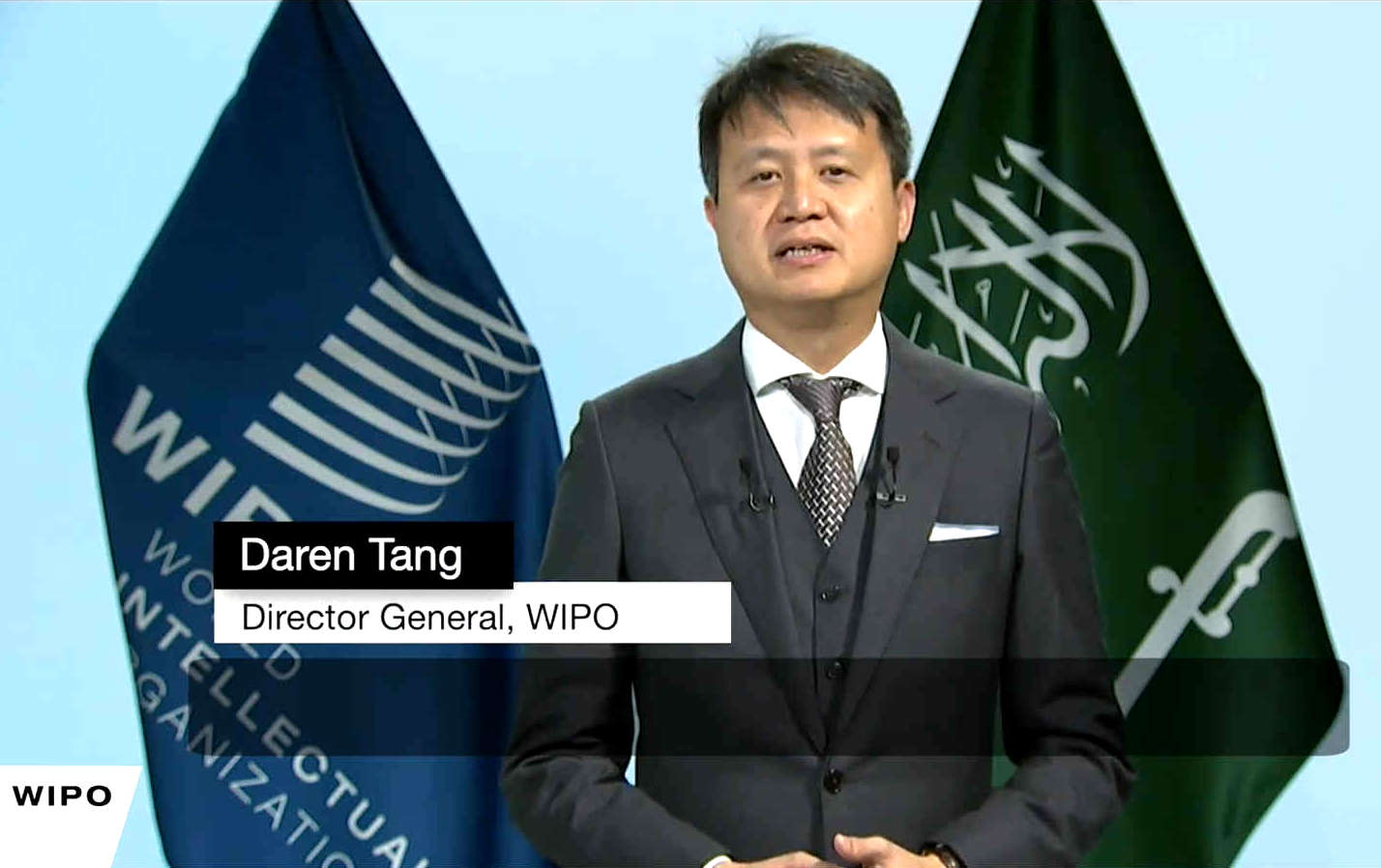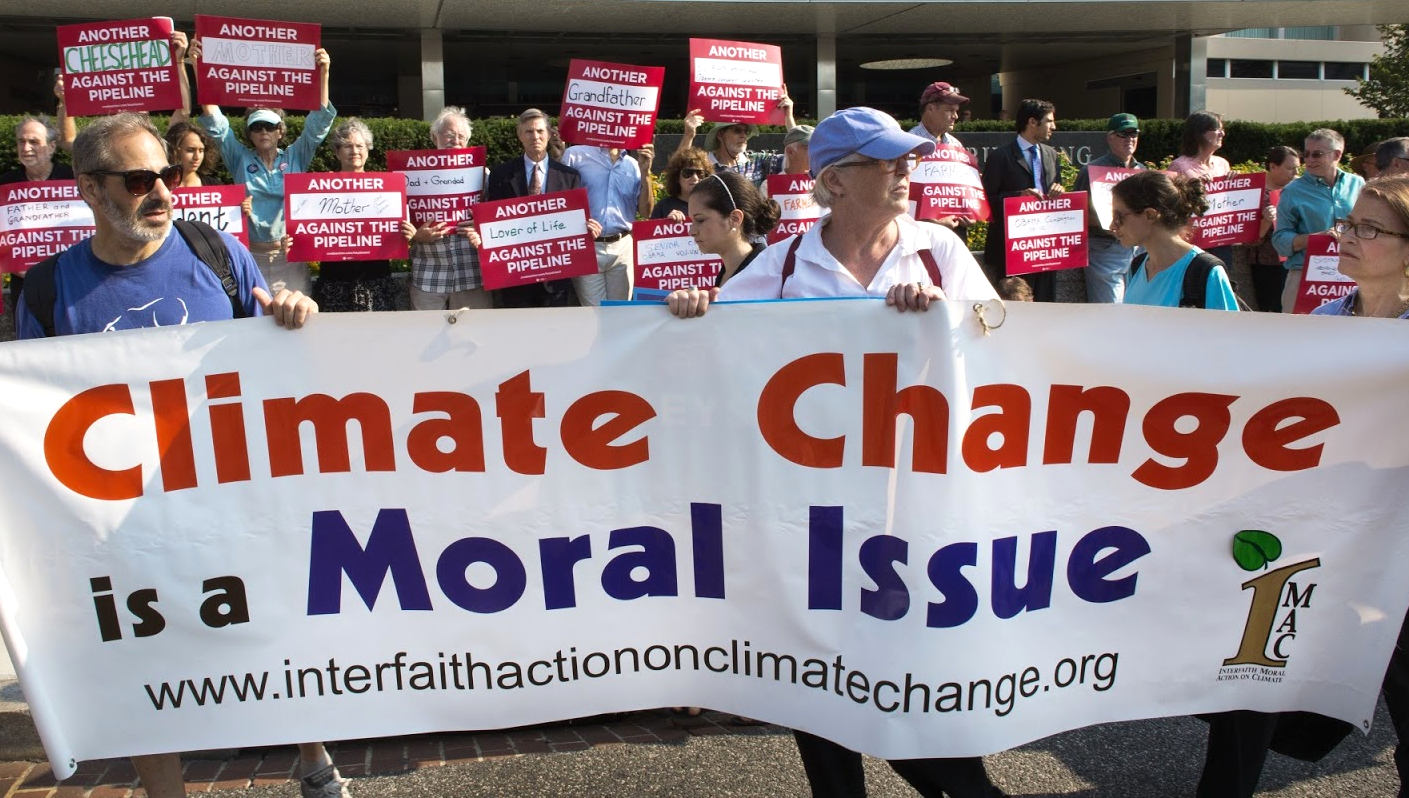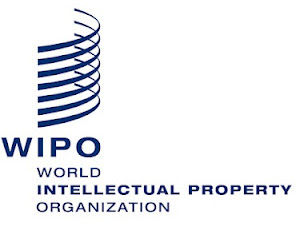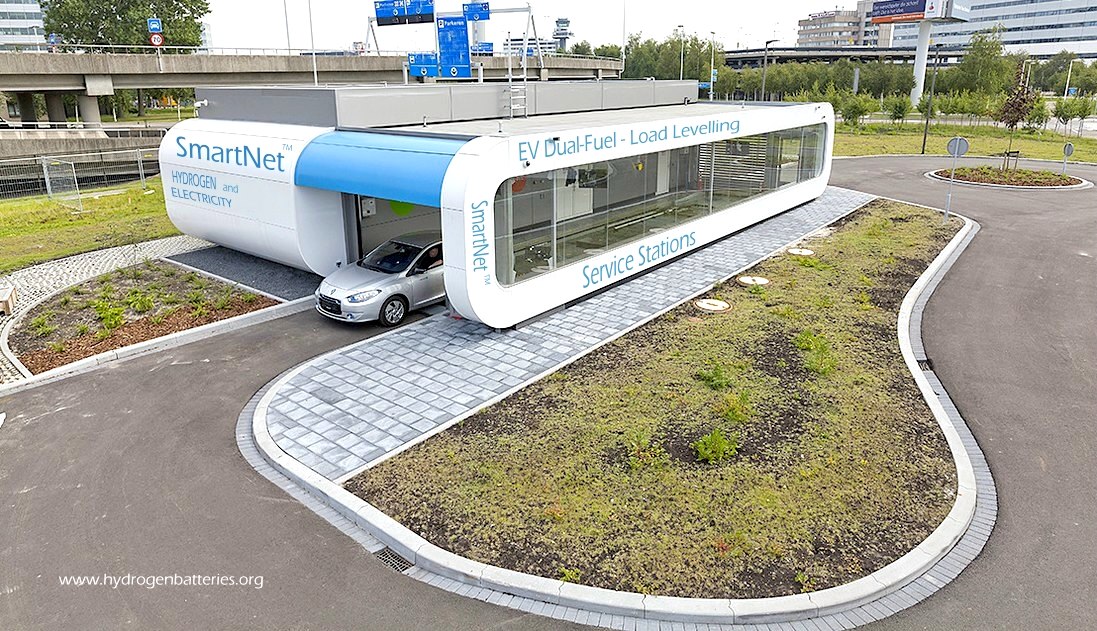WHAT IS A GREEN PATENT?
In
the UK, a green patent is described as "green" for the purpose of
accelerated treatment under a Green Channel scheme:
The term applies to patent
applicants who make a reasonable assertion that their invention has some environmental benefit. If, for example, the invention is a
solar panel or a
wind turbine then a simple statement is likely to be enough for qualification. However a more efficient manufacturing process which uses less energy is likely to need more explanation.
In the UK they do not conduct a detailed investigation into such assertions, but will refuse requests if they are clearly unfounded, for example if the application relates to a perpetual motion machine. Applications will only be accelerated when requested by the applicant; there is no automatic Green Channel entry for particular areas of technology.
There is no fee for using this UK service, and it is partially helpful.
This
scheme does not deal with the main blocker to social innovation, being filing
and renewal fees on any scale as is likely to have an impact on a global scale.
We are suggesting that where a request for fee exemption is made, that the
technology should have a wider (international) application, and reasonable
chance of alleviating a particular social problem. In this case greenhouse
gas production.
THE
GREEN PATENT PROSECUTION HIGHWAY
The GPPH pilot programme was launched in January 2014, allowing applicants who have had claims allowed by a first participating office to request acceleration of one or more co-pending applications at any or all of the other participating offices, with all of the participating offices evaluating such requests based on the same set of agreed criteria.
A full list of the offices participating in the GPPH can be found on the PPH Portal. Please note that the GPPH supersedes our existing agreements with:
- the Japan Patent Office
- the United States Patent and Trademark Office
- the Korean Intellectual Patent Office
- the Canadian Intellectual Patent Office
- the German Patent and Trade Mark Office
Requests for accelerated processing at the IPO under the GPPH should be made in accordance with the respective guidelines.
China
On 1 July 2014 we launched a bi-lateral pilot PPH programme with the State Intellectual Property Office of the People’s Republic of China. As of 1 July 2016 the PPH pilot programme has been extended indefinitely.
Request for accelerated processing at the IPO based on the UK-China PPH agreement should be made in accordance with the respective guidelines. The guidelines for requesting acceleration under the pilot programme at the State Intellectual Property Office are also available.
Brazil
On 1 August 2018 we launched a bi-lateral pilot PPH programme with
Brazil’s National Institute of Industrial
Property. The pilot was initially launched with for a two year period, but has now been extended a five year period from 1 December 2019.
Requests for accelerated processing at the IPO based on the UK-Brazil PPH agreement should be made in accordance with the respective guidelines. Guidelines for requesting acceleration under the pilot programme at Brazil’s National Institute of Industrial Property are also available. Limitations apply to the number of PPH requests which can be made each year at the National Institute of Industrial Property.
Background
In the modern global economy many companies and some individual applicants have a growing need to acquire patent protection for the same invention in a variety of different countries. This may require separate patent applications being prosecuted at many different intellectual property offices, with each office considering the patent application independently of the others.
With this in mind, and following the recommendations of the Gowers Report, we have been investigating the possibility of international collaboration with other intellectual property offices to enable offices to exploit relevant work already conducted by another office. This has led to PPH agreements with various countries being considered.
Further Information
Further information relating to the Patent Prosecution Highway initiative can be found on the Patent Prosecution Highway Portal Website, hosted by the
Japanese Patent
Office. The site includes information on the international PPH network and guidelines on making PPH applications between specific Offices. For further information email
PPH@ipo.gov.uk
GREEN
PATENT FEES: IDENTIFIED
PROBLEM
The
identified problem is that policies are not in keeping with the need to
incentivise low carbon
technology invented by entrepreneurs of limited means.
This
problem might be solved by the State, as the individual countries who are
signatories to Patent Conventions,
adopting a supportive mechanism whereby inventions may be applied for without
the usual application fees and renewals, but with a Buy Now, Pay Later scheme
(Apply/Grant now, Pay when Commercialized).
Engineers
and think tanks, who might be the source of ideas that could blossom into zero
carbon technology, do not get a look in, because of the
exorbitant application fees, that are multiplied by the number of countries of
cover.
Whereas patents only
have very short shelf life of 20 years. Hence, do not represent a sound
investment, where competing concerns, such as the fossil
fuel and automotive
contingent, will seek to prevent new technology that
devalues oil and gas,
from seeing the light of day. Running patentees into the buffers. Meaning
bankruptcy for those foolish enough to take on the establishment. What kind of
reward is that from society? Society should be thanking environmental inventors.
FINANCIAL
EQUALITY
FOR CHAMPIONS
The
would be champions of climate cooling
technology, faced with financial ruin, should they even contemplate pushing
green technology against such odds, simply turn their attentions to something
less debilitating. And who can blame them. But we need to encourage champions.
We need to give them a route with light at the end of the tunnel. Other than
financial ruin and divorce.
It's
easy to be a technology champion, when you already have sales and an R&D
budget to develop commercially profitable technology. Not so easy fresh out of
college or university, with no income, but the heart to give it a go. We are
talking about equal rights for inventors.

The
WIPO's Director General from 2020 is Daren Tang.
THE
PROPOSAL
We
need to change the patent system
to promote innovation and time invested in development. Where time is money.
HOW?
1.
We could extend the life of patents to 50 years. Since it could take that long
for some technology to come to fruition - and it may well represent the entire
working life of an innovator.
2.
Green patents should attract fees in the normal way if they are from companies
with profits from sales. But the same patent from an individual of limited means
and no trading track record of sales, should be accepted and processed free of
charges - by way of an exemption. This would have to be means tested, with other
checks to prevent fraudulent applications from suspect entities, and require suitable
declarations from the applicant(s).
3.
Patents would remain in force, with no fees payable, until licensing generates
fees and/or operations. At which point the application and renewal fees would be
repaid from such income. Not unlike the student loan system in the UK, that
allows people to gain knowledge, and pay later.
4.
There should be a simplified filing system for Green
patents, such as to remove
complications for applicants, by way of a single filing in any country in the
world, that encompasses every country in the world. Using the Berne
Convention for copyright,
as the benchmark and basis of/for a revision to the patent system.
UNFAVOURABLE
TREATMENT BY THE SYSTEM
At
present, the system discriminates
between artists, writers and engineers. Giving creative people in one form of
human endeavour a massive advantage over those solving physical or technical
problems, a source of mental
anguish, in violation of the applicable Articles of the Universal
Declaration of Human Rights.

CLIMATE
CHANGE and INTELLECTUAL PROPERTY
This is a quote from the WIPO's website:
"Addressing
climate change is dependent on economic growth that works with, rather than
against the environment. Innovative green technology solutions can help by
allowing us to do more with less – be it alternative energy production, energy
saving, or greener forms of transportation, agriculture and forestry.
The challenge is to enhance the environment for innovation, while enabling
speedier diffusion of these green technologies to all parts of the world."
The
WIPO claim that their Global Challenges program works with multiple stakeholders
to address these challenges, with a particular focus on:
- Hosting WIPO GREEN - a multi-stakeholder platform which aims to promote
innovation and diffusion of green technologies [cart before the horse]
- Providing fact-based information and objective analysis of relevant
intellectual property (IP) issues to to facilitate international policy
dialogue;
-
Contributing IP expertise to UN and
other public policy fora where IP and innovation are discussed in relation to
climate change.
But
that does nothing to address the underlying inequality of the patent system -
and many regard this as window dressing. Paying lip service to the concept of
adapting policies to combat climate
change.
IP-WATCH 14 JULY 2011 - WIPO - THE SLEEPING BEAUTY OF CLIMATE CHANGE POLICY URGED TO AWAKEN
The World Intellectual Property Organization has taken its first public steps in the climate change debate by holding a conference on the subject this week. The organisation’s expertise in intellectual property policy and technology transfer is being sought by several other actors in the field, in particular the United Nations climate change agency.
During the 11-12 July conference on innovation and climate change, intellectual property was the underlying focal point of the meeting to which various stakeholders were invited to speak.
Most speakers agreed that intellectual property is only one of the factors that can promote the transfer of needed clean technologies to developing countries but most also agreed that IP was an incentive for innovation. Other links in the chain are national production and engineering capabilities, access to markets, financing, and policy environment, they said.
WIPO Director General Francis Gurry said the patent system constitutes the memory of humanity’s technology and stressed the importance of access to the repository of this memory. He also presented “WIPO Green”, a technology exchange platform to be launched in the second part of 2011. According to the WIPO Green presentation leaflet, it aims at supporting the United Nations Framework Convention Climate Change (UNFCCC)’s technology mechanism agreed to in Cancun, Mexico last December. WIPO Green was originally developed in collaboration with industry, in particular the Japan Intellectual Property Association, it said.
The platform will provide a focal point for prospective users of new technologies, with information about access to technology, technical assistance, licensing and financial support. It will also offer “reputational benefits for companies proactively engaged in promoting the uptake and diffusion of green technologies.”
In Cancun, intellectual property rights were very polarised and the last document of the Ad Hoc Working Group on long-term Cooperative Action under the Convention (AWG-LCA), which mentions the establishment of this technology mechanism, does not mention IP. The discussion on IP was left to take place at the next UNFCCC Conference of the Parties, in Durban, South Africa, on 28 November – 9 December 2011 (IPW, Environment, 14 December 2010).
Climate Change Not Only Province of UNFCCC
Mexican Ambassador Luis Alfonso de Alba said during the opening session at WIPO that greenhouse gas emissions in 2010 had reached an historic level that threatened the goal set in Cancun of keeping the rise in temperature to no more than 2 degrees Celsius. Developing countries need support to improve their mitigation actions, he said. More incentives need to be created to spread technologies and grant more access to those technologies around the world, he added. Climate change is not the only responsibility of UNFCCC, he said, all United Nations agencies and regional agencies “will have to make contributions so that we can achieve results,” he said.
WIPO Needs Climate Change’s “Awakening Kiss”
José Romero of the Swiss Federal Office for the Environment said in his personal capacity that very often recipient countries of technology transfer do not have a clear assessment of their technological needs. For both climate change mitigation and adaptation it is important to understand how to benefit from technology that is already in the public domain and build capacities on those technologies. Clear technology objectives facilitate innovation and technology transfer, he said.
IP rights are necessary, Romero said, as a just reward to innovation, but these IP rights should give room for good-will discussions, under special circumstances, on duration of IP rights or condition of access, with warranties from governments to inventors.
WIPO should be more involved in the UNFCCC process, he said, in particular in the area of technology transfer. WIPO, “like Sleeping Beauty, has been rather quiet under the UNFCCC process.” It is time that “the climate change people provide the sweet kiss to Sleeping Beauty in Geneva,” he said.
Later in the conference, Romero said that problems should not be created where they do not naturally occur, and in the context of the UNFCCC, developing countries are bringing up the issue of IP but it would be more interesting to assess the needs and find solutions to address those needs.
UNFCCC representative Wanna Tanunchaiwatana, from the Adaptation, Technology and Science Program, said that the private sector needs to be closely engaged in order to keep the commitment taken in Cancun to reduce greenhouse gas emission and hold the global temperature increase below 2 degrees Celsius. She said the technology transfer and IP discussions would come back in Durban and the UNFCCC hoped to reach some agreement on IP issues at that time.
WIPO Deputy Director General on Global Issues Sector Johannes Christian Wichard said that the use of IP is not well understood in negotiations and IP is very technical and complex. He said WIPO was providing tools to help in the climate change debate: as an information resource, a forum for discussion, and a catalyst of partnerships.
WIPO can share its unique expertise in innovation technologies and IP, Wichard said. WIPO already helped UNFCCC participants to understand how IP works and how the system can be best used, he said. WIPO held side events during UNFCCC meetings. WIPO has also issued a new publication series: the Global Challenges Brief and the Global Challenges Report, he said.
The first issue of the Global Challenges Brief [pdf] is titled “When policy meets evidence: What’s next in the discussion on intellectual property, technology transfer & the environment?” and is authored by Meir Perez Pugatch from the University of Haifa, Israel. The first issue of the Global Challenges Report [pdf] is titled “Intellectual Property & the Transfer of Environmentally Sound Technologies,” and has the same author. Pugatch’s past work has been supported by the IP-based industry through his role with the London-based Stockholm Network think tank.
WIPO Deputy General for Innovation and Technology Sector James Pooley said that a primary challenge, and at the same time an opportunity, was “to ensure the patent system is there to achieve the positive objectives for which it was originally designed.” It should incentivise innovation through a reward system and at the same time ensure the dissemination of that information “to the general public and to everyone that can make use of that information.”
The conference included three breakout sessions on innovation, technology transfer and finance. According to Quentin Tannock, chairman of Cambridge IP, a United Kingdom IP consulting group, and rapporteur of the breakout session on innovation, the session discussed the need to include a full range of participants in order to foster innovation and the necessity for the private sector to have security for their research and development, with a key factor being IP protection, as 65 percent of R&D is conducted by the private sector and 55 percent of R&D financing comes from the private sector.
Mohammed Asaduzzaman, research director of the Bangladesh Institute of Development Studies, and rapporteur of the breakout session on technology transfer, said that one persistent element of the discussion was IP protection and the legitimate right of inventors. However, in technology transfer, IP is just one element. For example, policy coherence at the national and international level is needed, he said, so that policies do not end up by having conflicting results.
The rapporteur of the breakout session on finance, Ari Huhtala, senior environmental specialist at the World Bank in Washington, DC, said the discussions were focused on the issue of adaptation costs, the need to develop resilience in developing countries, and resource mobilisation. A market-based approach might not be functioning well in developing countries and the distribution of funds should seek to balance mitigation and adaptation.
Costs can be significantly brought down by using local managerial expertise, but the bottom line for private companies is certainty and predictability, he said, and in developing countries the IP system remains a challenge, he reported.
Green Technology Patents on the Rise
The International Centre for Trade and Sustainable Development (ICTSD), on Monday, gave a presentation of a joint study of the United Nations Environment Program, European Patent Office and ICTSD, published in October 2010. According to the presentation, the patenting rates in selected clean energy technologies have increased at roughly 20 percent per year since 1997. Patenting in this sector is led by six actors: Japan, the US, Germany, the Republic of Korea, France and the United Kingdom, but other countries such as Brazil, India, Mexico, and Ukraine are becoming significant actors in selected fields.
Little out-licensing activity towards developing countries was registered among participants in the survey conducted for the joint study, and there is a need to improve market conditions and encourage licensing to improve technology transfer to developing countries, they found.
By Catherine
Saez
IP-WATCH 20 MARCH 2009 - WIPO PATENT COMMITTEE
TO CONSIDER FOUR NEW REPORTS, GLOBAL CHALLENGES
The committee on patents at the World Intellectual Property Organization is set to be re-energised next week as it tackles four new reports, and addresses an ongoing question of the relationship of patent rights to wider policy issues on climate change and other environmental issues, public health, and food security.
The WIPO Standing Committee on the Law of Patents (SCP) meets from 23 to 27 March. Its last formal meeting was in June of 2008, when the committee reconvened after a two-year hiatus following a breakdown in discussions during an informal meeting in 2006 over harmonisation of patent laws. The committee is still seen to be in a re-launch process, with discussions for the moment focussed on technical issues.
“The way [the SCP] does its work is quite important,” said a Brazilian delegate, as this is “a gradual resumption of the committee work” and it is not “agreed to talk on patent harmonisation.”
“Patience,” said a separate source, is key, adding a preference to “not rush” and “to have a technical discussion,” as the committee is still in a phase of restarting after a stalemate.
During the June meeting, member states asked the WIPO secretariat to prepare reports on four issues “not to be considered prioritised over the other issues” for this meeting. The four issues are: dissemination of patent information [pdf] (including the possible establishment of an online database for such information); exceptions to patentable subject matter and limitations on patent rights [pdf]; patents and standards [pdf]; and attorney-client privilege [pdf].
Committee Vice Chair Bucura Ionescu of Romania said the exclusions from patentable subject matter and exceptions and limitations are “very likely to be more intensely discussed” during the week. She also said she favours concentration of constructive debates on “future work of the SCP towards the progress of a harmonisation of the patent law and the promotion of innovation in the various countries of the world.”
Several other issues from a report on the international patent system [pdf] prepared for the June meeting that remain to be discussed are contained in an annex to the chair’s text from June 2008 [pdf]. These issues include such matters as alternative models for innovation, disclosure, exemptions for research and compulsory licenses, harmonisation of patentability requirements, and the relationship between the patent system and the UN Convention on Biological Diversity.
Global Challenges Likely To Arise
The committee also asked WIPO for a conference on “issues relating to the implications, including public policy implications, of patents on certain areas of public policy, such as health, the environment, climate change or food security.” This conference will be held in Geneva on 13 and 14 July.
The relation of patents to other policy issues is seen as having particular importance, though it is not on the official agenda for the SCP meeting next week [pdf].
Global challenges are important to members because they tie into the WIPO Development Agenda [pdf]. Developing countries are firm in the stance approved by the full membership that the development dimension of intellectual property law is a cross-cutting issue that must be addressed in all of the UN agency’s work, a stance which WIPO acknowledges in its introduction to the agenda.
The SCP “needs to resume conversation on this conference,” said a Brazilian official, as it has a “direct link” to the development agenda. The official added that there should be an outline on how the plans for the conference should be proceeding and that member states “need to indicate names of speakers.”
The conference was the “SCP’s mandate,” said a representative from the “Group B” of developed countries. The “scope has since been widened,” but there is “only an indication, [we] don’t have a programme.” Group B will agree to discuss the issue if time permits, the delegate said.
But New Reports Remain Key Focus
However, the group B delegate said, the likely focus of the meeting will be the four new reports, especially on those with economic impact.
The issue of client-attorney privilege is of particular important to industry, said two separate sources.
Exceptions and limitations, said a source, is similar to a discussion taking place in another WIPO committee, the Standing Committee on Copyright and Related Rights.
Several sources also said that China has a particular interest in standards, though the Chinese mission in Geneva could not confirm as of press time. Standards are a highly technical issue, for the most part centred on information and communication technology. IP issues enter into the mix, for example, when the holder of a patent of a technical standard is unwilling to licence the standard at an acceptable cost, or when there are several patents with different owners associated with a particular standard, creating coordination problems.
Standards, in principle, should be open, said the Brazilian delegate, as problems in “inter-operability could be a hurdle for development.”
The Group B delegate said that the SCP discussion must be seen in the broader context of progress on the normative programme at WIPO.
There are expected to be side events during the weeklong committee meeting. For instance, Knowledge Ecology International will host an event on patents and standards on 23 March. And on 27 March, the International Centre for Trade and Sustainable Development (ICTSD) will hold a “Dialogue on Climate Change, Transfer of Technology, and Intellectual Property Rights (IPRs): The Challenge of Evidence based Policy.”
By Katlin
Mara

LINKS
& REFERENCE
https://www.jpo.go.jp/e/toppage/pph-portal/globalpph.html
https://www.gov.uk/government/publications/patent-prosecution-highway
http://www.inpi.gov.br/menu-servicos/patente/projeto-piloto-pph
https://www.gov.uk/guidance/patents-accelerated-processing
https://www.ip-watch.org/2009/03/20/wipo-patent-committee-to-consider-four-new-reports-global-challenges/
https://www.ip-watch.org/2011/12/04/ways-forward-proposed-for-tech-transfer-ip-at-durban-climate-talks/
https://www.ip-watch.org/2011/07/14/wipo-the-sleeping-beauty-of-climate-change-policy-urged-to-awaken/
https://www.ip-watch.org/2009/03/20/wipo-patent-committee-to-consider-four-new-reports-global-challenges/
https://www.ip-watch.org/2011/12/04/ways-forward-proposed-for-tech-transfer-ip-at-durban-climate-talks
https://www.ip-watch.org/2011/07/14/wipo-the-sleeping-beauty-of-climate-change-policy-urged-to-awaken/
https://www.gov.uk/guidance/patents-accelerated-processing
https://green-patents.com/
https://www.wipo.int/portal/en/index.html
https://www.wipo.int/portal/en/index.html
The
Patent System and Climate Change - JOSHUA
D. SARNOFF - Virginia Journal of Law & Technology
https://www.wipo.int/policy/en/climate_change/
https://www.jstor.org/stable/44633536
https://www.jstor.org/stable/44633536
https://www.wipo.int/policy/en/climate_change/



